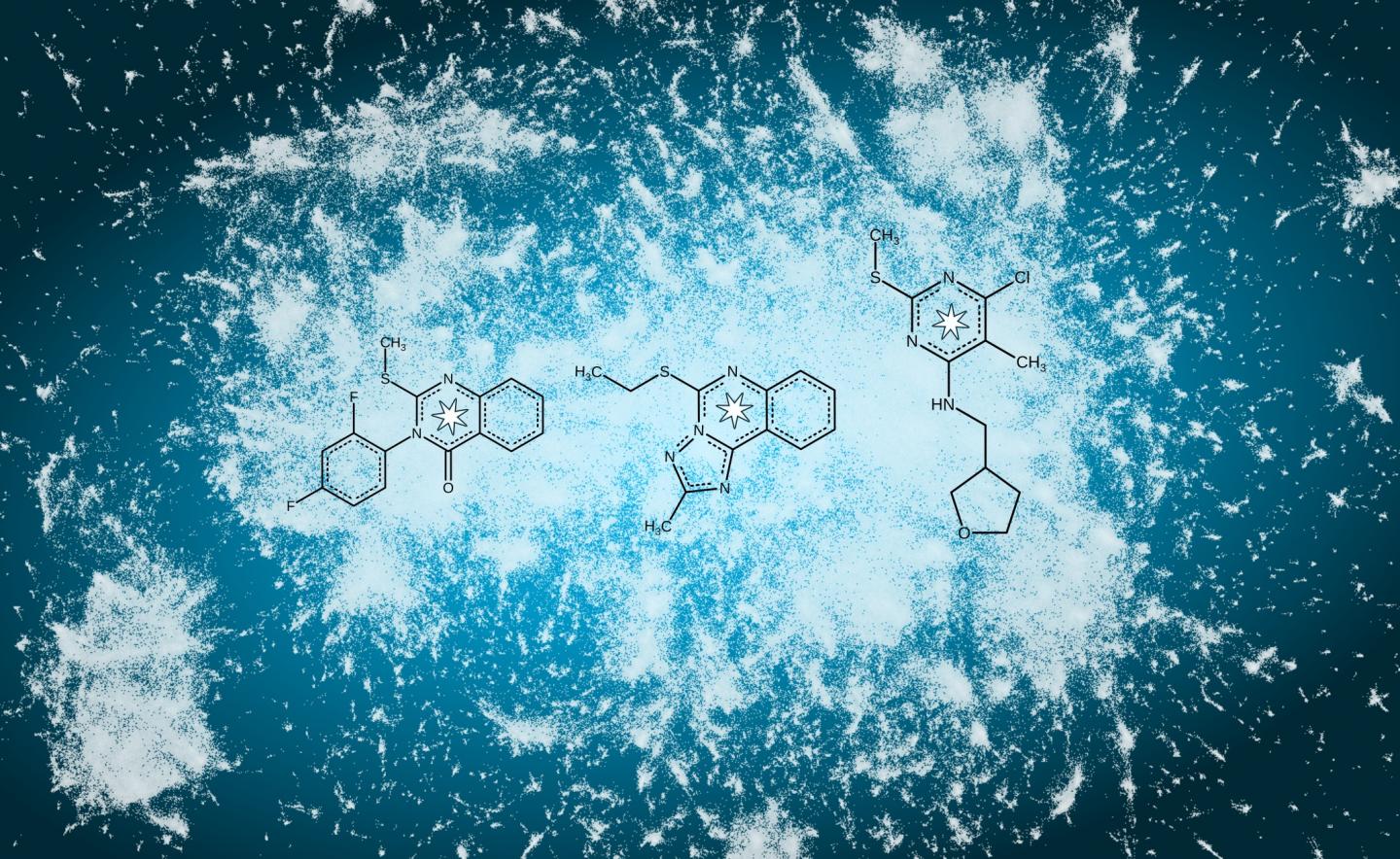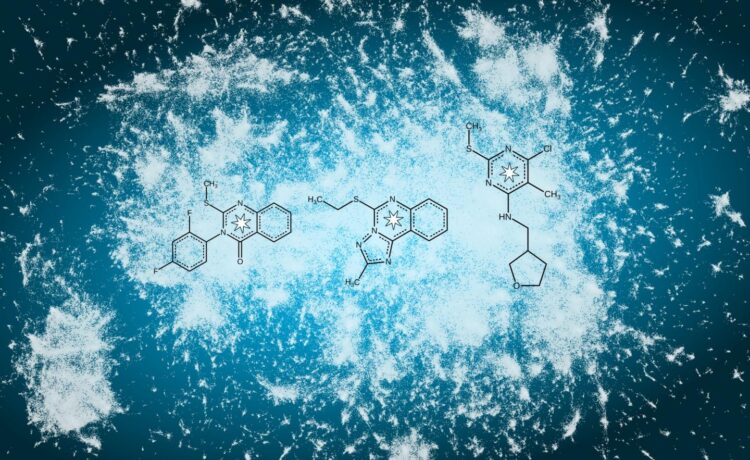
Credit: PharmAI
The Biotechnology Center (BIOTEC) of TU Dresden with its bioinformatics group and the spin-off PharmAI GmbH participate in such a competition – the so-called JEDI Grand Challenge. Until tomorrow, proposals for active substances that have the potential to stop the activity and reproduction of the virus can be submitted. The Dresden team led by Prof. Michael Schroeder (BIOTEC) and Dr. Joachim Haupt (PharmAI) used proprietary screening algorithms to screen several drug libraries containing five million substances for candidates against Covid-19. They submitted three promising protein targets to The Joint European Disruptive Initiative (JEDI).
“For more than ten years, we have been developing new screening algorithms for protein structures at BIOTEC. We are looking for hidden information of protein molecules, e.g. remotely similar binding sites across evolutionary unrelated target proteins, where active compounds can dock to like a puzzle. In this way, we aim to identify new therapeutic applications for known substances, using approved drugs for new or other diseases. We are pleased that our DiscoveryEngine has also been successful with Covid-19 and that we can now make good drug candidates available to the global scientific community via the competition – following the spirit of Open Science. Through the collective knowledge of virologists, molecular biologists and bioinformatics scientists, high-throughput screening and artificial intelligence, we help from Dresden to ensure that curative drug cocktails with few side effects are found quickly,” explains Prof. Michael Schroeder.
The DiscoveryEngine developed at BIOTEC is a virtual screening software that has been optimised over the years and which, depending on the target, e.g. cancer, identifies those molecules that have suitable structures to act against the disease. The DiscoveryEngine was the basis for the spin-off of PharmAI from BIOTEC. “With that, we enable a broad clinical and economic use of our method. And the competition, in which we are involved as BIOTEC partners, is a great opportunity to show our potential,” says Dr. Joachim Haupt, CEO of PharmAI and former postdoc at BIOTEC. “The DiscoveryEngine is fast and accurate. In just one week we have screened five million small molecules. Conventional computer-based methods would take about ten years of computation time to complete the task at a rate of only one minute per substance. Our hit rate was also significantly higher than with conventional screening methods. This speed and targeting are exactly what is required in the fight against Covid-19.”
“We are very pleased to have received the submission of TU Dresden and PharmAI. It is part of a tremendous response we got from over 100 international teams. In autumn, after experimental validation, we will know which of the predicted drugs may bring us a step closer towards combatting the virus”, says Prof. Thomas M. Hermans, Program Manager at JEDI.
In stages two and three of the JEDI Grand Challenge, the collective knowledge of the participating international virologists will be used to analyse the promising substances submitted and to quickly identify protein compounds from them that can completely eliminate the virus. By using high-throughput virus testing, new drug combinations with minimal toxicity and virtually no side effects are to be found, which will then be rapidly tested in clinical trials and could soon cure Covid-19 patients. Prof. Michael Schroeder: “Then, the search for the needle in the haystack would have been successful in record time. We are eagerly awaiting the results.”
###
Media inquiries:
Prof. Michael Schroeder
Tel.: +49 351 463-40062
Email: [email protected]
The Biotechnology Center (BIOTEC) was founded in 2000 as a central scientific unit of TU Dresden with the goal of combining modern approaches in molecular and cell biology with the traditionally strong engineering in Dresden. Since 2016, the BIOTEC is part of the central scientific unit “Center for Molecular and Cellular Bioengineering” (CMCB) of the TU Dresden. The BIOTEC is fostering developments in research and teaching within the Molecular Bioengineering research field and combines approaches in cell biology, biophysics and bioinformatics. It plays a central role within TU Dresden’s Research Priority Area “Health Sciences, Biomedicine and Bioengineering”.
http://www.
http://www.
Media Contact
Michael Schroeder
[email protected]





